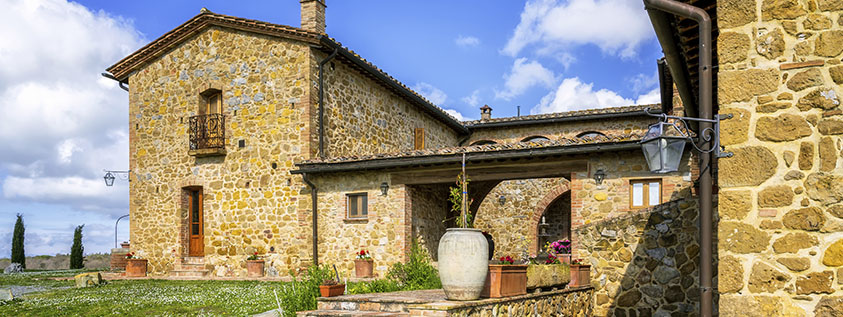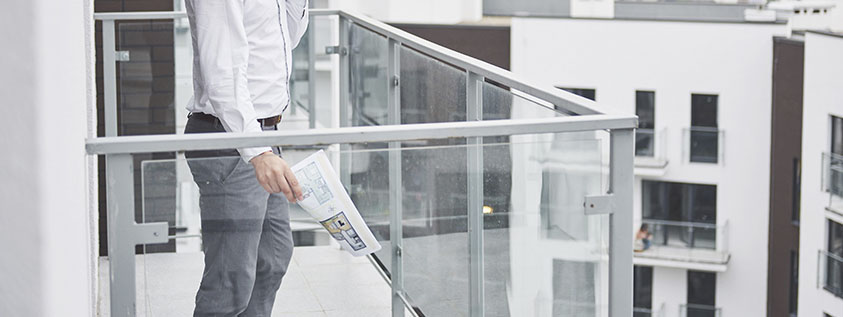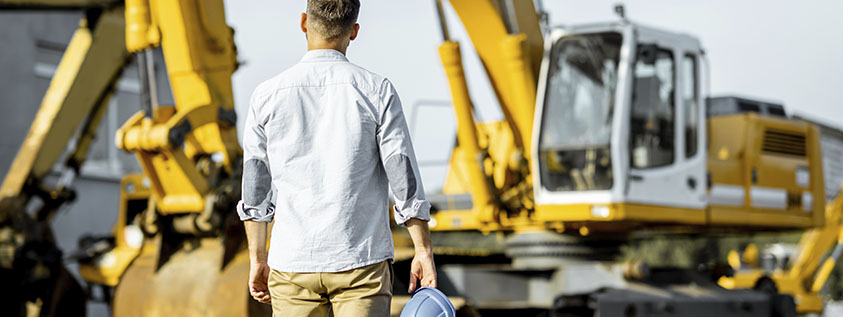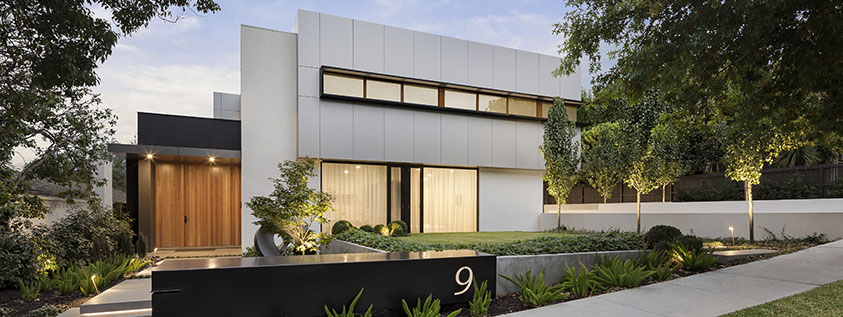Pitfalls of Buying Property in Spain: 15 Common Mistakes
When buying property in Spain, you should be aware that several pitfalls are involved, and you should not rush into it. Every country has its own rules and regulations for purchasing property, private or commercial.
1. Buying in the wrong location
Consider the location seriously before you buy property in Spain. Buying your holiday home in Spain on the beachfront is very tempting, but similar properties are readily available elsewhere at a lower price. The good idea is to look at comparable properties that have sold in recent months and how much the properties sold, so you can avoid making mistakes during negotiations.
Another thing you can do is look at an analysis of the Spanish property market to time out your purchase. Prices fluctuate, and when your goal is to invest in Spanish property, you must buy at the right time to get maximum value for your money.
Furthermore, consider everything about the location, such as the transport links, the noise level, and any environmental issues. It would be best to think about where you would buy food and other supplies that you need regularly; it may be far from the property.
Get the help of a Property Lawyer in Spain

2. Physical inspection before you buy
Always go for a physical inspection of a property you want to buy in Spain. You can ask an independent surveyor or inspector specialising in this field to visit the building and check everything out. They will tell you of any problem areas such as the roof, plumbing work and even insects or woodworm.
You can hire a professional to do this for you, but you could also ask your solicitor to recommend someone reputable. If you buy commercial property in Spain, a checkup is also important because of any legal issues.
3. Not having a clear plan to buy a property
You should have a clear plan to buy a property in Spain. Take time to research the market and make a list of all the properties you want to look at before going out. Do not be tempted to buy something on the spur of the moment because it may not be what you want. The temptation can be high because prices of property in Spain and the rest of the world have dropped.
Do not be over-impressed by a location and buy something even if it is not what you had planned originally. You may get carried away with negotiations and forget to look at other more important factors, such as your personal preferences or your family’s needs. It is better to take your time than to rush in and regret making a wrong decision.
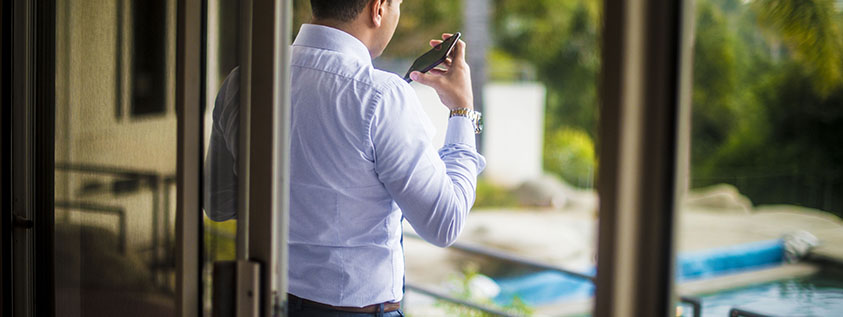
4. The language barrier
If you buy commercial property in Spain, this may not be an essential factor, but if it’s your second home or holiday home, you will want someone who speaks English or your language. This is more so in the remote locations in Spain where many people do not speak a foreign language. This can create problems when you want to do maintenance work, need help in an emergency, have questions, or need to deal with the government.
Before buying a property in Spain, it is wise to make sure you get help to support you during difficult times. Our team can assist you.
5. Not including extra cost (property transfer tax, legal fees etc.)
Remember that you will not only have to pay for the property itself, but there will be additional expenses when buying property in Spain, and these should be considered as an included cost and not as a surprise.
When buying property in Spain, fees and costs include lawyer and legal fees, agent fees, property transfer tax, title deed tax, land registry fees, and foreign/local Spanish notary fees.
The extra fees and property tax are calculated as a percentage on top of the purchase. In general, an extra 15-20% above the purchase price cover’s it.
The cost depends on the location, service level, tax bracket, final sale price, and whether you are dealing with new or existing properties.
Make sure you have enough cash to cover all the fees and other expenses, so you do not end up disappointed.
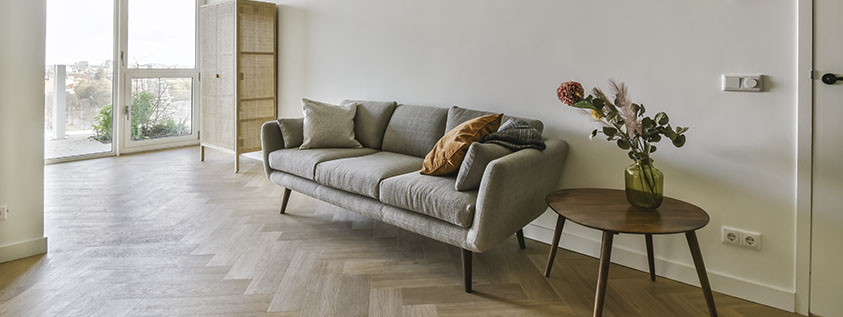
6. Not working with a Spanish property lawyer
When buying a property in Spain, it is recommended that you work with a solicitor to help you. This person will advise you on everything and assist you throughout the purchasing process and afterwards during your rights as the owner.
A property lawyer will advise you on the paperwork and help with all aspects from start to finish so they can ease your concerns.
Most property scams and pitfalls of buying property in Spain are avoidable if your lawyer takes over the buying process for you.
7. Buying in a hurry
If you are under pressure to buy a property in Spain quickly because of work or other commitments, be wary. You may pay more for your property than it is worth to get rid of the problem quickly rather than thinking about the consequences afterwards.
When you buy something in haste, there is always room for regret and mistakes when not all aspects are thoroughly thought through. Make sure you get proper advice from a real estate agent and lawyer when you want to buy a property in Spain and that you don’t rush into making a decision.
8. Signing a contract you don’t understand
Always make sure you read the contract carefully before signing it. If you have not read or understood it fully, ask for clarification before signing. Language in the agreement may be confusing, which can lead to misunderstandings. Be careful; you may end up signing the wrong thing.
It is recommended to ask for an explanation from a Spanish property lawyer. When you do sign the contract, make sure you get a copy for yourself so you can refer back if there is any disagreement in the future.
9. Not having your immigration paperwork in order
When you buy a property in Spain, you need to get a Spanish tax identification (NIE number). If you do not have this paperwork in order, you can’t buy the property.
Get help from an immigration lawyer in Spain to obtain your NIE number. If you want to be a resident in Spain, this is also possible. For example, when buying a property, you can get residency through a golden visa in Spain program, but there are some requirements you have to meet.
You can also choose to be a non-resident for tax purposes in Spain. Non-residents stay in the country for less than 183 days.
10. Stressing something will go wrong with your property purchase
You have to remember that buying a property in Spain or anywhere is not an exact science even if you follow all the rules. There are always problems, but there are ways to deal with them, so keep calm and think logically about your options.
When something doesn’t go according to plan, it can be unpleasant, but don’t let emotions get in the way of making the correct decision. Make sure you get advice from real estate agents and lawyers who can offer sound guidance on your specific situation.
11. Not getting the proper mortgage
A mortgage provider will only finance up to a certain percentage of the property value. For example, if your property is valued at 100,000 euros and you try to get a mortgage for 140,000 euros, it will be declined. It would be best to get the correct amount sanctioned based on the property value.
In Spain, mortgage lenders will not sign a mortgage agreement until you have acquired a home. As a result, it is critical to include language in the contract allowing you to terminate the deal if you cannot obtain a loan. It is best to get the help of a mortgage advisor in Spain.
If you’re looking for a mortgage in Spain, Spanish banks can provide you with an inexpensive rate. At the appointment, you can also open a Spanish bank account.
12. Not getting the help of a real estate agent
A possible pitfall is not working with a real estate agent in Spain. A real estate agent will help you find a house in the area you have specified, and they will help you determine a fair price and negotiate with the seller to get you a good deal.
They may even be able to find better deals and lower prices than you can, which can save you lots of money in the long run. Be careful when the seller’s estate agent does not represent you, as it may lead to a conflict of interest.
Agents will not help you with legal and immigration matters. Even though they can introduce you to the appropriate people, it is not their job to do this.
13. Not getting a proper preliminary contract
When you wish to acquire a property, and the seller accepts your offer, the next stage is for the buyer and seller to sign a preliminary agreement (the escrow or Contrato Privado de Compraventa in Spanish)
Spanish property law requires that this document contain a series of clauses, one of which is the right for either party to terminate the agreement within an initial period of one month.
This clause leads to reservation agreements. A reservation contract is where you have signed up to purchase a property, but the bank can still redraw if the funds are not available within a given period. You can terminate your reservation contract by providing a letter of termination.
Beware, the seller and buyer pay a deposit, typically 10% of the purchase price. If one party needs to withdraw, they will lose the deposit. Work on the preliminary contract with your Spanish property lawyer, who will advise on the best clauses for you to include.
14. Lack of planning permission from the government
Among the pitfalls of buying property in Spain is getting a house that does not have the right permits. When you are buying a house that does not have permits to have been built you can get in trouble. Whether it is a new property, second-hand property, or still being built. A property requires permission from the government to exist.
When buying properties off-plan, you will need to make sure the property is legal to build. If the property is illegally constructed, you might be responsible for adhering to current local rules. Another reason to get a specialist involved when you purchase the property.
Renovation of a second-hand home will most also require building licenses which you must obtain within the legal time limit. When buying a home in Spain, the house’s location influences the construction licenses, local government will often determine if you have a right to build. For example, there are hard restrictions to building size and position in rural areas, and historic city centres. Our Spanish lawyers will be able to assist you with the planning permission, and construction licenses involved in Spain. Contact us for a quote.
Concluding the potential pitfalls when buying property
Foreign buyers should be aware of these common pitfalls. As outlined above, you can avoid many pitfalls of buying property in Spain by acting. When you work with a Spanish lawyer, you stand a better chance of avoiding the pitfalls and achieving success in your purchase.
You don’t have to be an expert when buying property in Spain, but it is wise to work with an expert who can guide you through the process. Our real estate lawyers are experts in Spanish property transactions, and you can be sure that they will help you avoid the pitfalls that many foreigners face when buying property in Spain.
If you need assistance with any of the above issues, please do not hesitate to email us at contact@SublimeSpain.com.
Get the help of a Property Lawyer in Spain
Disclaimer: Information on this page may be incomplete or outdated. Under no circumstances should the information listed be considered professional legal advice. We highly recommended seeking guidance from a legal expert if you lack extensive knowledge or experience dealing with any of the procedures outlined in these articles.


